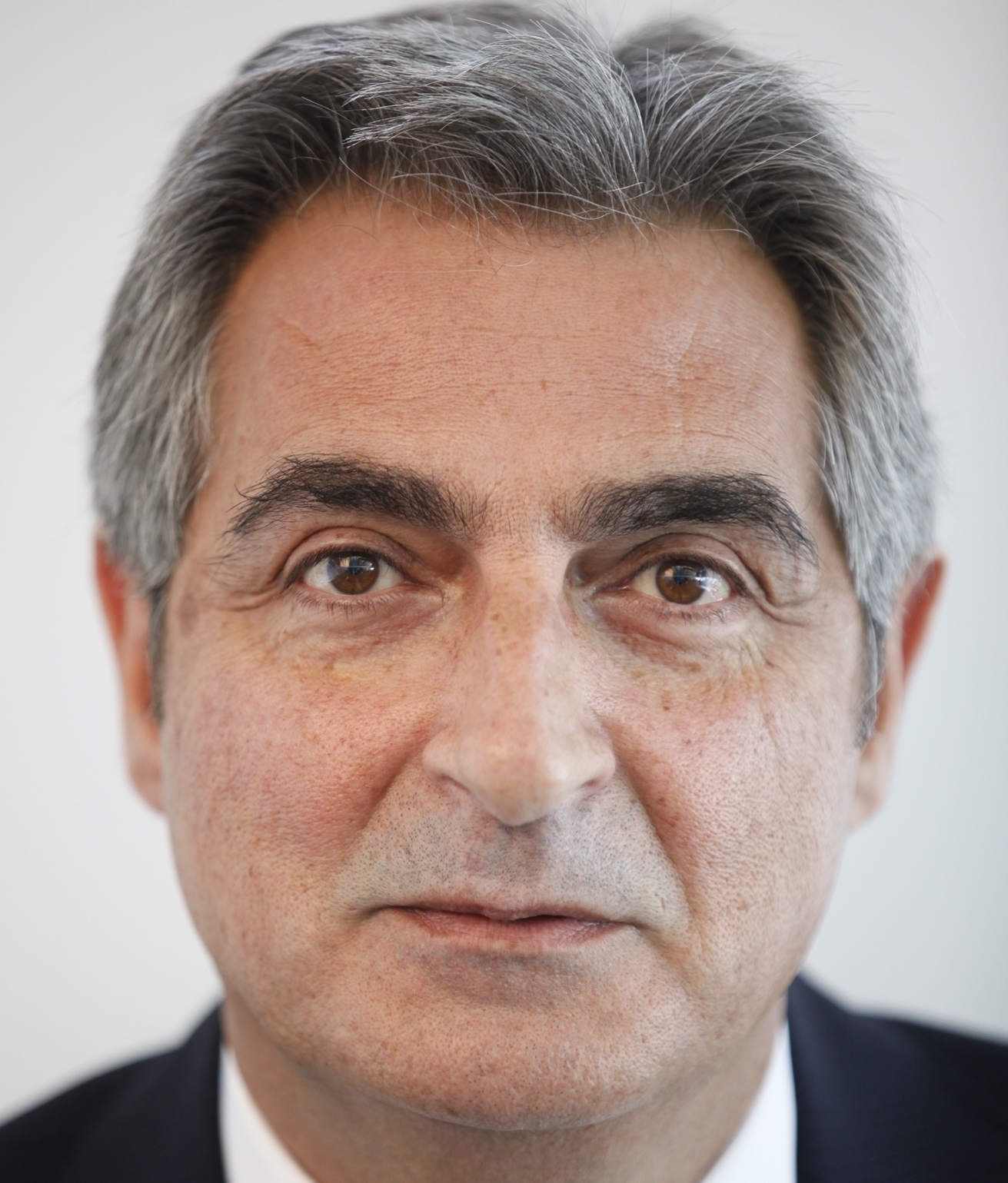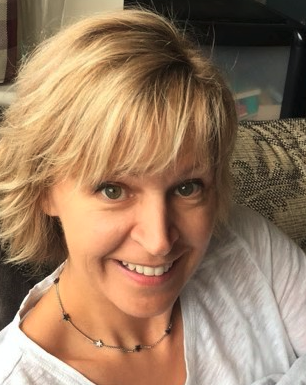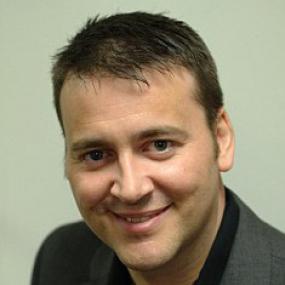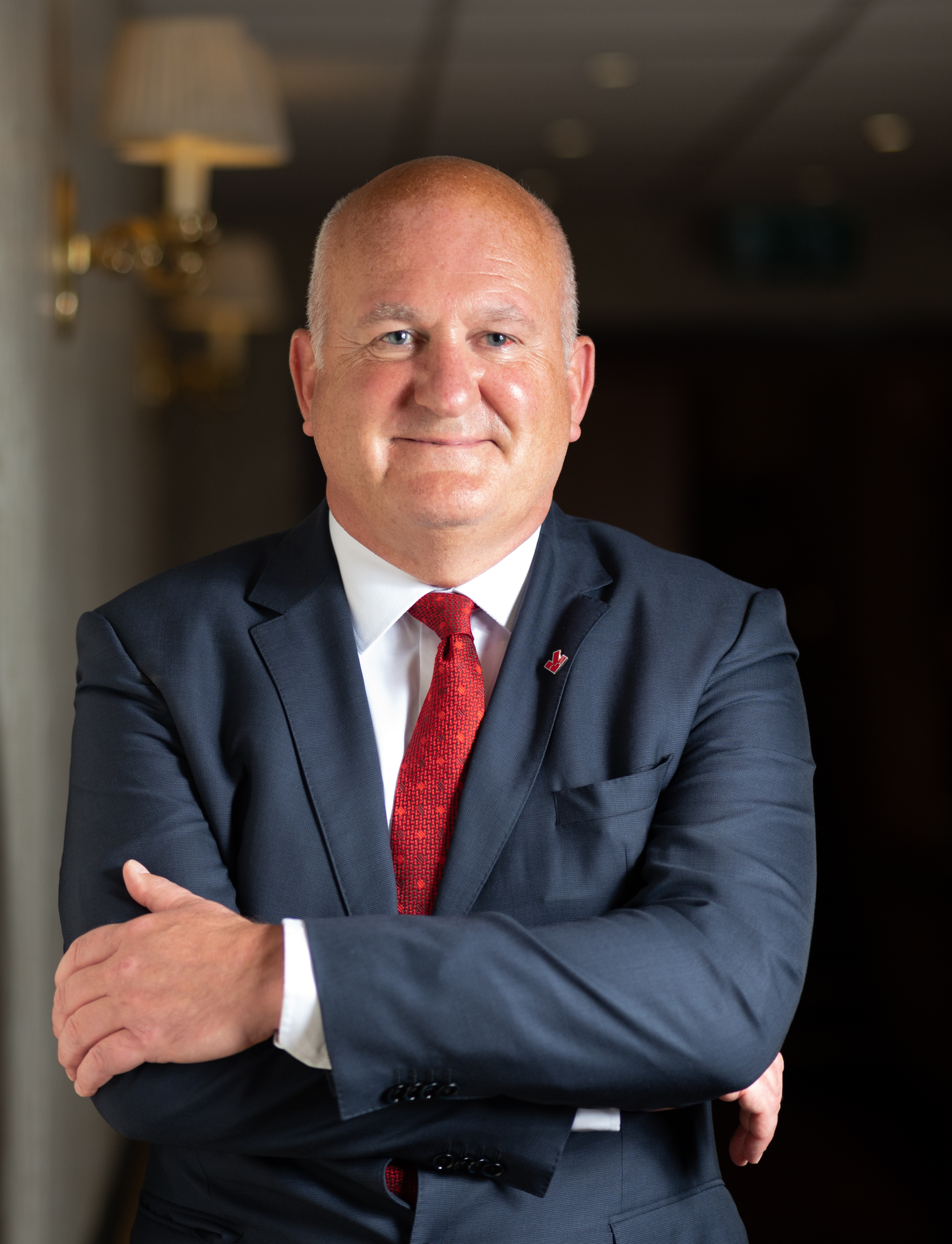08
Feb
2022
17:00
GMT
18:00
CET
Webinar
Nocturnal Hypertension: A Predictor of Cardiovascular Events
-
Views:
 7997
7997
-
Likes:
 18
18
Overview
1 in 4 people with controlled daytime blood pressure may have nocturnal hypertension1. Most ‘non-dippers’ and ‘reverse dippers’ remain undetected, although they are the cohort of hypertensive patients with the highest risk of developing future cardiovascular events2.
Blood pressure readings are mostly taken during the day. However, nocturnal BP readings (those taken while the patient is sleeping at night) are better predictors of the risk of fatal and nonfatal cardiovascular events, and target organ damage than daytime blood pressure values 2,3,4.
Blood pressure normally decreases at night, known as dipping. Most patients with high BP during the day still ‘dip’. Sometimes, however, patients’ BP doesn’t dip or can even rise during the night. The latter defined as ‘non-dippers’ or ‘reverse dippers’, are the most at-risk cohort for cardiovascular events2.
Join the discussion about nocturnal hypertension: the scientific relevance, patients at risk, how to determine nocturnal hypertension, as well as examples of patient cases.
Faculty:

Roland Asmar

Melanie Dunwell

Matthew Capehorn

Terry McCormack
This broadcast is supported by Omron
Agenda
Key Learning Objectives
- Nocturnal hypertension: Cohort with the highest risk for cardiovascular event
- How to recognize nocturnal hypertension?
- Which patients are at risk?
- New ways to detect nocturnal hypertension
Target Audience
- General Practitioners
- Practice Nurses
- Hypertension Specialists
Faculty Biographies

Terry McCormack
Terry McCormack is a GP in Whitby, North Yorkshire, Professor of Primary Care Cardiovascular Medicine at Hull York Medical School (HYMS) and President of the British and Irish Hypertension Society.

Melanie Dunwell
Melanie Dunwell is a registered nurse for 25 years working at Whitby Group Practice as a Practice Nurse since 2022.

Roland Asmar
Dr Roland Asmar is president of the "Foundation-Medical research Institutes", and past-President of the "Cardiovascular Institute", Paris, France. Prior to this position, he was past president, of the French spoken network of hypertension, and the International Society of Vascular Health.





